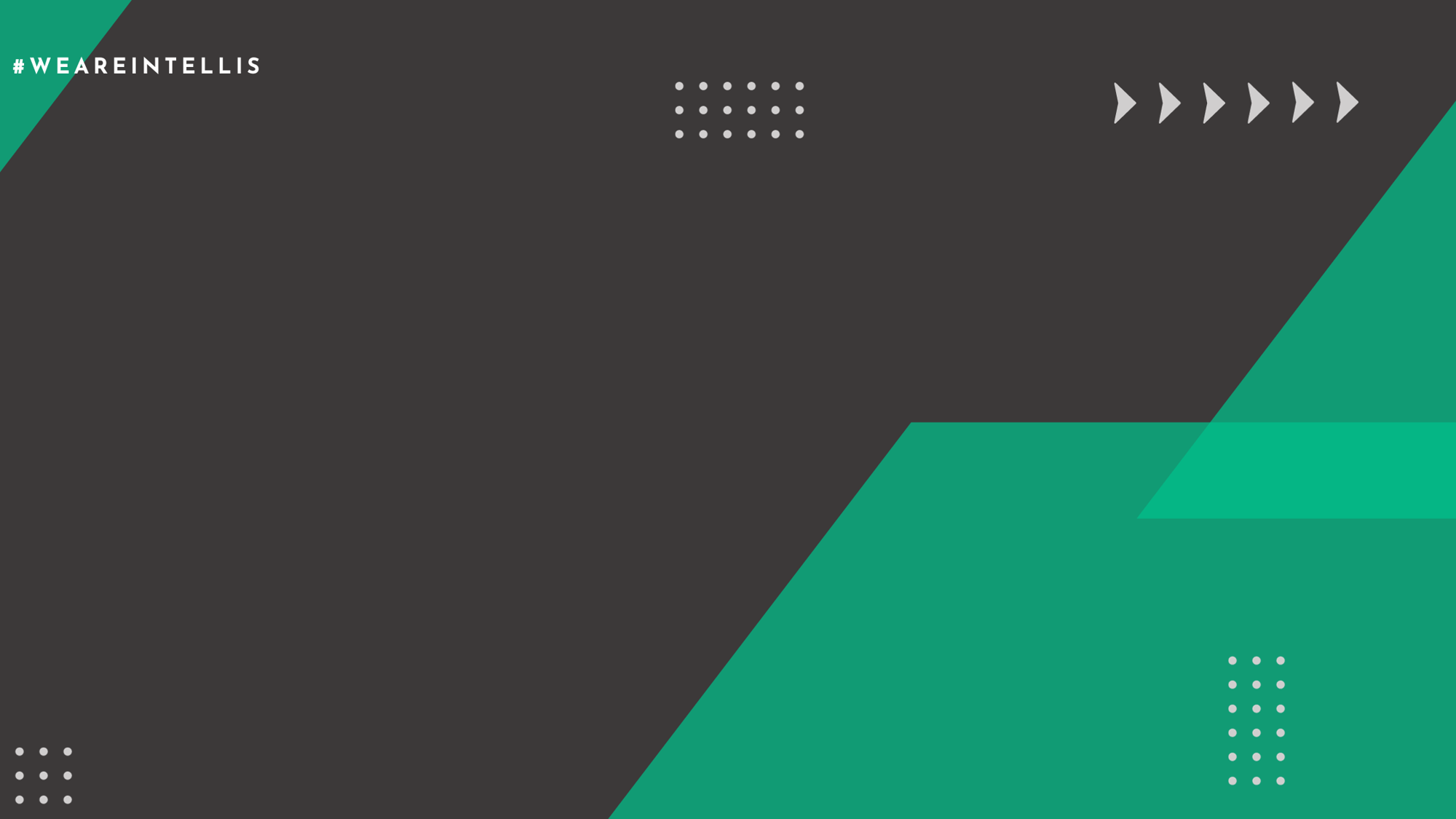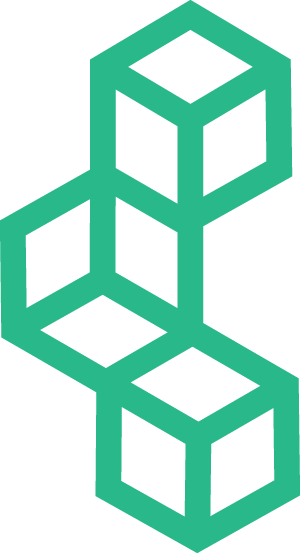Welcome to the world of blockchain technology and its impact on facility management! As a facility manager, you know how important it is to streamline operations and maintain secure data. With the rise of blockchain, you now have a powerful tool at your disposal to help you achieve those goals. In this blog, we'll explore the benefits of blockchain for facility management and how it can revolutionize the way you operate. So, let's dive into the exciting world of blockchain and see what it has in store for facility managers like you!
The Benefits of Blockchain for Facilities Managers
Blockchain is valuable for facility managers because it offers a streamlined way to store and access secure data. Blockchain can function as a distributed, single source of shared truth, potentially becoming the top record system for all transactions.
According to a recent article in IFMA's Facility Management Journal, if this were to happen, "the economy will undergo a radical shift as new, blockchain-based sources of influence and control emerge. Blockchain can change how facilities are managed, from work order tracking to preventive maintenance to life cycle assessments".
The main benefit that Blockchain offers Facilities Managers is digital trust. Blockchain is a cloud-based, permanent, digital ledger of activities between parties. The term cloud-based means it does not live within your organization's private server or any other company's private server. The permanence of this ledger means that it exists as a permanent record of activities between parties.
Go beyond the buzzwords and find out more about Blockchain.
This technology for the facility management industry has applications for recording property transfers, asset digitization, HVAC system activities, cubicle tenant occupancy, and security access. Blockchain also has the potential to help manage IoT-connected devices and smart buildings with renewable energy, such as solar. For example, suppose a facility is in a two-way energy communication with the grid. In that case, Blockchain can make it more secure and accessible to develop a digital record of energy-in and energy-out transactions.
Potential Applications of Blockchain for Facilities Management
There are many potential applications of Blockchain for facility management. The main benefits are that data is secure, cannot be corrupted, and is easy to access. For the facilities management industry, Blockchain has the potential to be a valuable tool in terms of the three components of the Asset Life Cycle.
- Life Cycle Assessment addresses the environmental impacts of every stage of a product's useful life.
- Life Cycle Cost is the sum of all costs incurred over the life of a physical asset, from its purchase to its installation to its disposal.
- Life Cycle Analysis determines the most cost-effective asset option among competing alternatives.
Data stored in a Blockchain has the potential to be quickly and easily reviewed, even when maintained by separate departments. This provides fast and accurate data analysis. Further, highly confidential or proprietary data is far more secure because of Blockchain's single source of shared truth.
What is Artificial Intelligence?
An advantage of Blockchain is that it will streamline processes and lower costs by reducing and eliminating those dreaded manual operations. This could be adapted to almost any process, including preventive maintenance, work orders, environmental health and safety planning, and space management.
Blockchain could also positively impact the Internet of Things. IoT is the network of physical objects embedded with electronics, software sensors, and network connectivity that enables these objects to collect and exchange data. Simply put, it connects things (machinery, sensors) to the Internet.
Read our guide to the top trends changing the facilities management industry today.
While IoT is a powerful tool, all these sensors that continually collect and store data in the cloud are primed to create a security issue. This creates opportunities for theft, break-ins, and other security risks. Therefore, storing this information using Blockchain would ensure this data is far more secure.
How to Prepare for the Future with Blockchain
While the widespread implementation of Blockchain is still a long way off, it is still a good idea to invest time and energy into evaluating and researching how this exciting new technology could be implemented. At Intellis, we believe that it is never too early to start identifying areas in which new technological developments can improve.
Of course, it is essential to maintain perspective when implementing emerging technologies; however, mastery is a moving target. While Blockchain may be challenging to adopt, it has profound potential to benefit the future of facility management operations positively. The time to prepare is now!
Learn more about working with Intellis, and schedule a demo today!
---
Blockchain technology can revolutionize facility management by offering a secure, streamlined way to store and access data. As a distributed, single source of shared truth, Blockchain has the potential to become the top system for record-keeping for all types of transactions. This technology can offer digital trust, a permanent, cloud-based digital ledger for activities between parties. Blockchain has many potential applications for facility management, including recording property transfers, asset digitization, and HVAC system activities. The technology can also help manage IoT-connected devices and smart buildings, making it more secure and accessible to develop a digital record of energy-in and energy-out transactions. Blockchain can streamline processes, lower costs, and improve data security by eliminating manual operations. Therefore, it is essential to start evaluating and researching how this new technology can be adapted to your facility management operations. Contact Intellis to learn more about preparing for the future with Blockchain.


